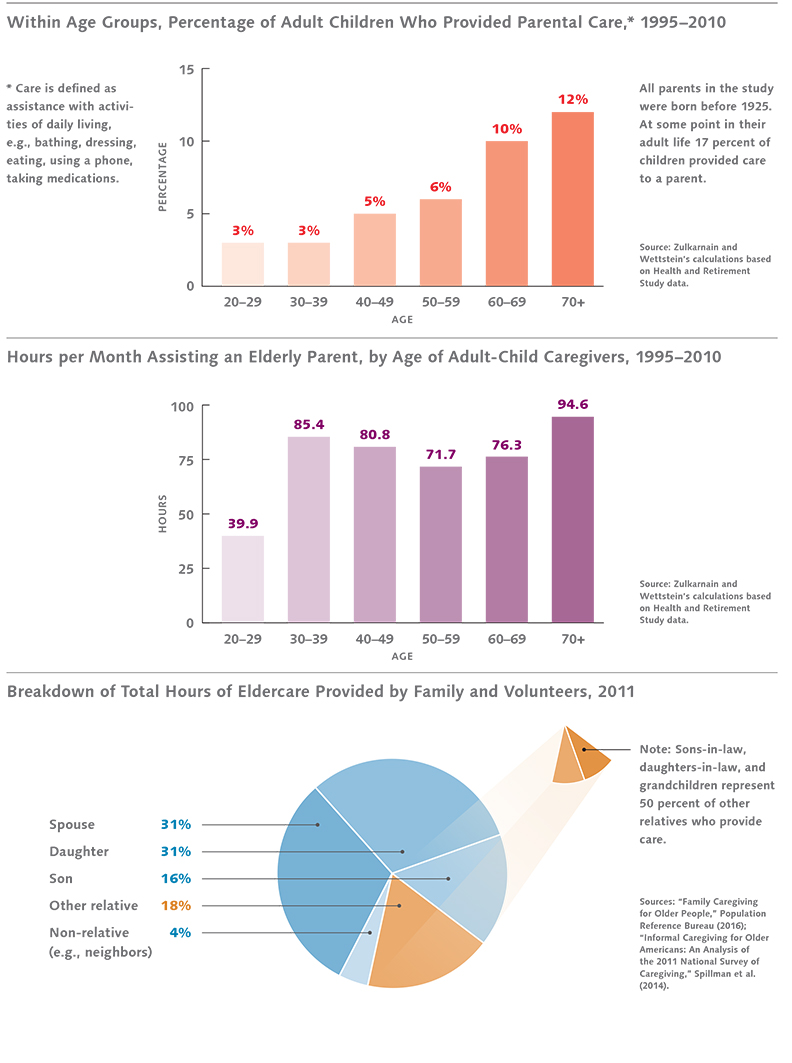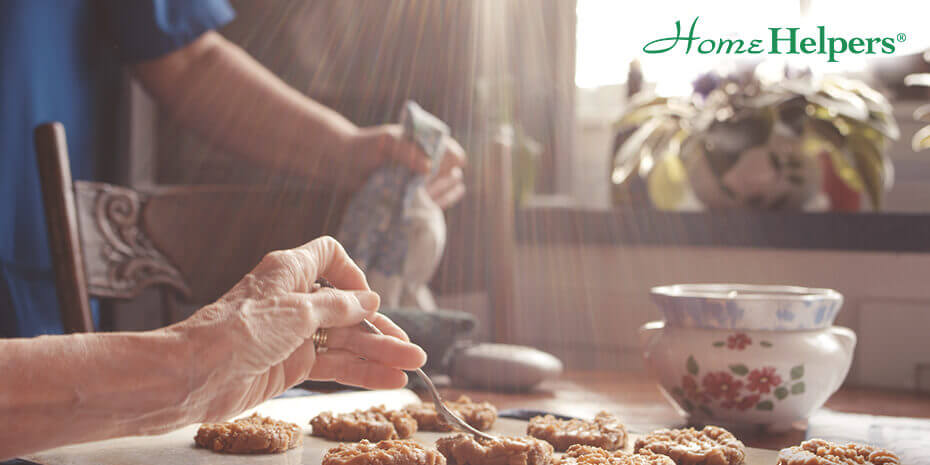Home Helpers Home Care Enfield Press article
Being a baby boomer, a Boston College alumnus and working in the home care industry, I had a pleasant surprise when I saw the article “How Much Long-Term Care Do Adult Children Provide?”, discussing future home care needs of Baby Boomers on the school’s Fall 2017 magazine edition, which I received last weekend. If I got excited to see that the school is conducting groundbreaking research on this topic, my feelings after reading the conclusions in the report were not so positive.
Using home care data from past generations to try to understand the prospects for Baby Boomers in the future, the paper authors, Alice Zulkarnain and Gal Wettstein, drew a bleak future for those of us who were born between 1946 and 1964. They will live longer, need more home care to cope with the challenges of aging and will likely have less family support to count on.
Analyzing data from University of Michigan’s Health and Retirement Study, the Boston College researchers found that as they aged, many Americans born before 1925 received care from their children, the so-called “silent generation” (those born between 1925 and 1945). Up to 17% of adults from that generation took care of their parents.
Family Caregiving Costs
Zulkarnain and Wettstein then considered the financial impact that this care has on the economy, as well as on the health and the finances of family caregivers. An analysis of the Bureau of Labor Statistics information from 2011 and 1012 shows that adult children who look after their parents suffered $ 522 in wage losses each of those years. They either worked fewer hours than other similar professionals, advanced slower in their careers or retired early to be able to care for their loved ones.
However, that cost is not only financial. Family caregivers also have a higher incidence of depression and heart disease. And that means paying more with doctors, hospital visits, and prescriptions. Women who are family caregivers spend 47% more on health-related bills than those who are not, and the vast majority of family caregivers are women.
Home Care Costs
In the other hand, the amount spent on private care in 2011 and 2012 was $ 211 million yearly, less than half of the family caregivers’ losses. That means that the economy is impacted twice by this phenomenon: people who should be working in their professions are not. And a huge work market opportunity for private caregivers remains untapped.
And what’s worse: it doesn’t make sense. If the money the family caregivers are losing were used for private care, the quality of care would improve as would the health and finances of adult children who provide care for their loved ones.

Source: Boston College Magazine
Generational changes in elderly care
Now, there are additional problems for the Baby Boomers: our population is 38% larger than the previous generation. And we are going to live much longer, which means more people will reach the age where the prevalence of diseases like Alzheimer’s is higher.
Other demographic trends only make it worse. Boomers have fewer children than their parents had, and their sons and daughters are more geographically dispersed throughout the country and abroad. They also have a significant rate of divorce; therefore, many won’t be able to count with a spouse to care for them.
The combination of these factors makes elderly care a significant challenge for Baby Boomers in the future. In 2026, the first Americans born after the second war will turn 80 years old. As they approach their 85 years of age in the following years, the authors of the study say it is expected that more than half of them will need help to be able to continue living at their homes.
The role of private in-home care services
In short, what the Boston College paper demonstrates is that there is a massive gap between the growing needs for senior care and the availability of family caregivers, due to demographic changes that are taking place in our country as Baby Boomers age. The need for private in-home care is already a reality for many families, as family caregivers get stressed and burn out.
Therefore, it is essential to ask for help and to talk to our loved ones about why it is important to accept it. Even a few weekly hours of in-home care can help to improve the life of an older adult. A compassionate, dedicated caregiver will brighten their day and make life easier for everyone.
_________________________________________________________
Ask Peter:
Read more about Home Helpers Home Care Suffield CT
The best in-home senior care cost-benefit in Suffield CT, Somers CT, Vernon CT, Tolland CT, Enfield CT, Agawam MA, East Longmeadow MA, Longmeadow MA, Hampden MA and all Western Mass and North Central CT

